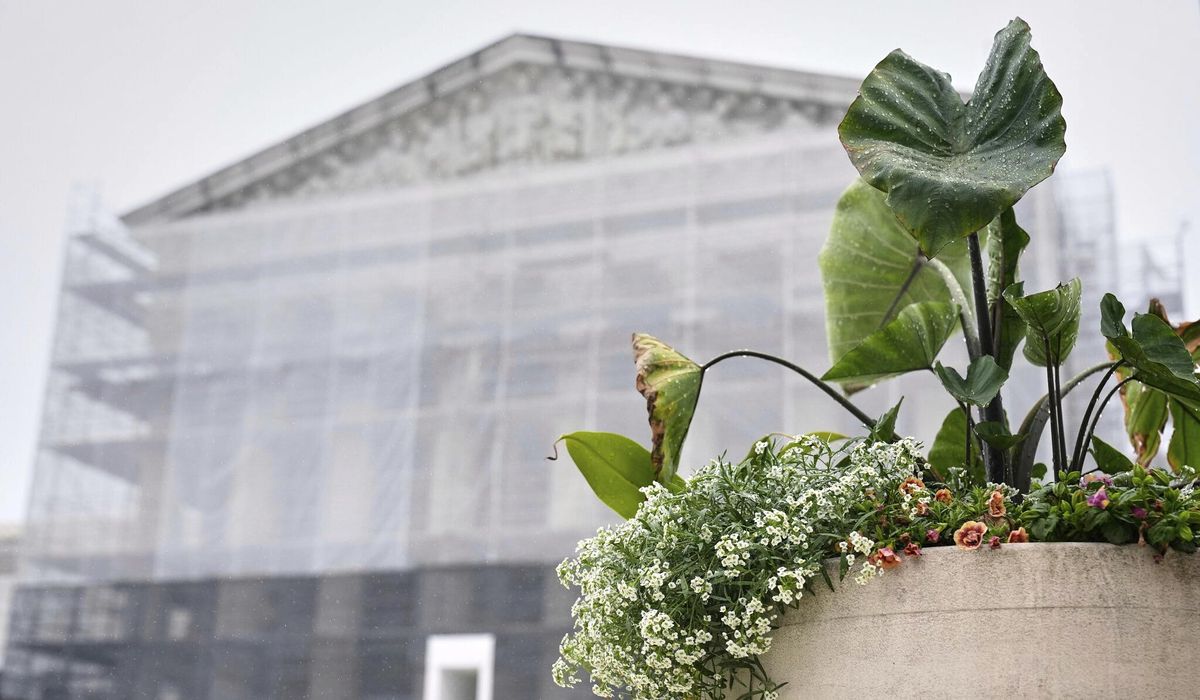


The Supreme Court announced Thursday it would hear two disputes over state laws banning transgender athletes from competing in girls’ sports.
Idaho and West Virginia each asked the Supreme Court to uphold their laws protecting women’s sports.
The 4th U.S. Circuit Court of Appeals ruled against West Virginia’s law that requires biological males to compete on boys or co-ed teams, siding with a transgender female student who challenged the law.
In addition, the 9th U.S. Circuit Court of Appeals enjoined Idaho from enforcing its Fairness in Women’s Sports Act, which bases sports participation on biological sex. A transgender female student wishing to run track at Boise State University challenged the law as running afoul of the 14th Amendment.
About two dozen states have legislation aiming to protect women’s sports, according to Idaho’s court filing.
West Virginia Attorney General J.B. McCuskey said it was a great day for female athletes and that the state’s case will let the high court decide if male-born transgender athletes can compete in women’s sports and for scholarships.
“The people of West Virginia know that it’s unfair to let male athletes compete against women; that’s why we passed this commonsense law preserving women’s sports for women,” Mr. McCuskey said. “We are confident the Supreme Court will uphold the Save Women’s Sports Act because it complies with the U.S. Constitution and complies with Title IX. And most importantly: It protects women and girls by ensuring the playing field is safe and fair.”
Tara Borelli, senior counsel at Lambda Legal, which represents the trans athlete in the West Virginia case, said its client just wants to play sports with friends.
“Everyone understands the value of participating in team athletics, for fitness, leadership, socialization and myriad other benefits. The U.S. Court of Appeals for the 4th Circuit last April issued a thoughtful and thorough ruling allowing B.P.J. to continue participating in track events. That well-reasoned decision should stand the test of time, and we stand ready to defend it,” said Ms. Borelli.
It took at least four justices to vote in favor of hearing the state appeals for oral arguments to be granted.
The cases are B.P.J. v. West Virginia State Board of Education and Lindsay Hecox v. (Idaho Gov.) Bradley Little.
The disputes will be heard during the court’s next term, which begins in October.
• Alex Swoyer can be reached at aswoyer@washingtontimes.com.
